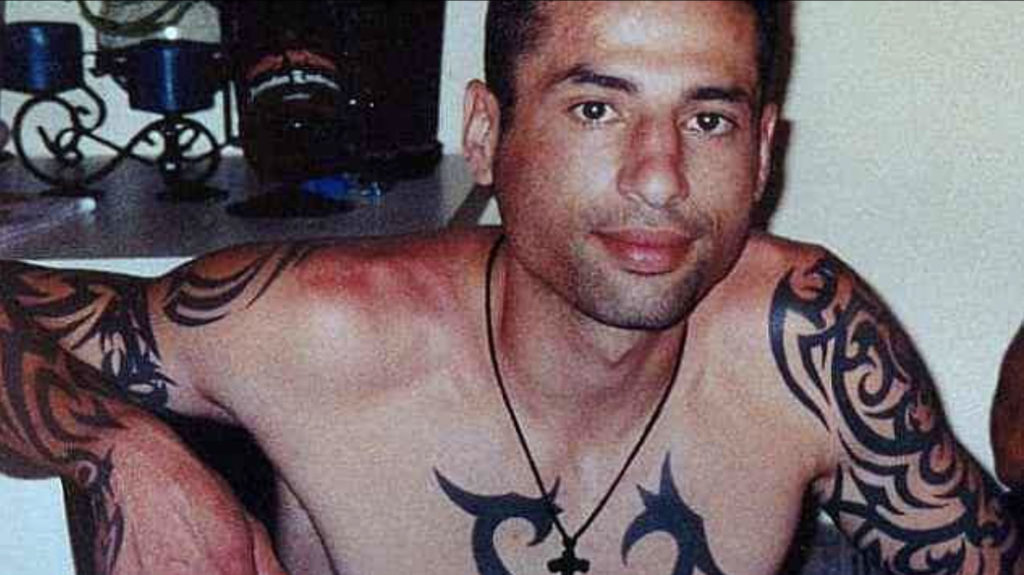
It’s become a trope in movies and television. For reasons that I struggle to articulate we seem to be irresistibly drawn to stories about hired killers. The steely-eyed assassin who lurks in the shadows ruthlessly taking money to end a life is simply mesmerizing. We can’t look away.
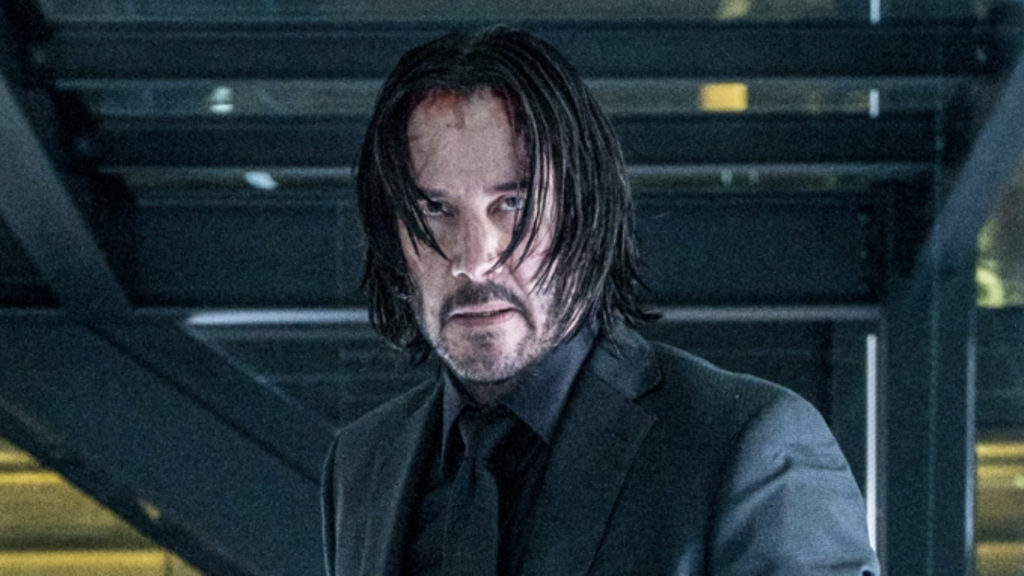
While Hollywood has served up countless stories orbiting around professional hitmen, John Wick is arguably the most compelling. Wick is a retired assassin formerly in the employ of the Russian mob in New York City. He has recently lost his wife to cancer. His prized possessions are a cherry 1969 Mach 1 Mustang and a beagle puppy that had been a gift from his deceased bride. Wick encounters a headstrong young Russian mafia figure at a gas station, and things go pear-shaped from there.
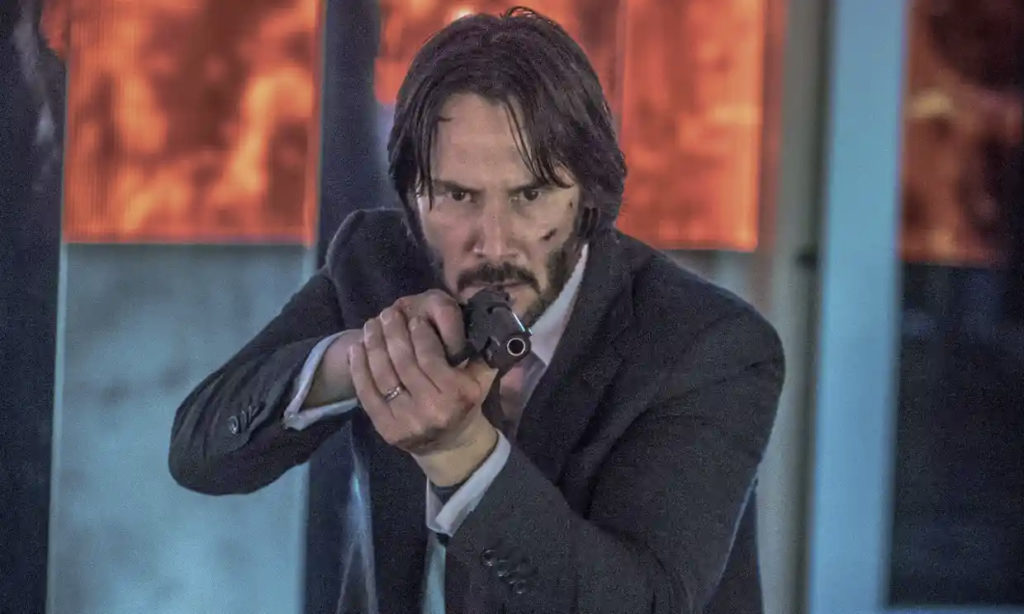
The upstart Russian and his thugs break into Wick’s house, beat him up, steal his car, and kill his dog. In so doing they awaken a sleeping giant. John Wick’s close combat skills are superhuman. What follows is 101 minutes of unfettered choreographed mayhem. John Wick: Chapter 2 came out three years later. John Wick: Chapter 3—Parabellum debuted two years after that. John Wick: Chapter 4 is due to hit theaters in March of 2023. I, for one, cannot wait.
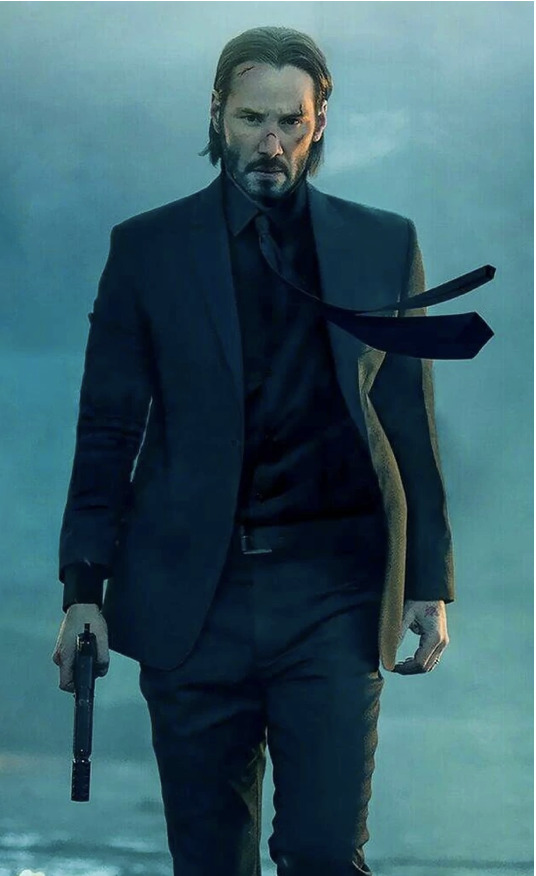
Keanu Reeves’ John Wick fits the expected stereotype. He is fast, calculating, ruthless, and unkillable. He has extraordinary hand-to-hand skills and packs absolute state-of-the-art firepower. John Wick is a cold-hearted killer enraged by the loss of the things he loves. However, it turns out that John Wick is just a movie. Out here in the real world, contract killing is seldom quite so tidy.
The Philosophy of Death
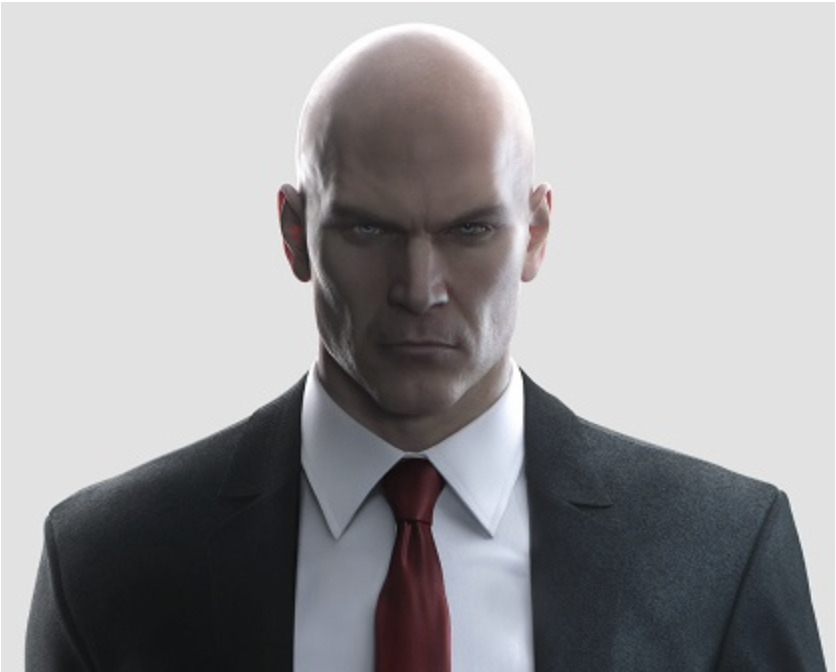
We are not really designed to take human life. For normal people who might fudge on their tax deductions or cut the tags off their mattresses, cold-blooded murder is a bit of a red line. Those who actually engage in such stuff do so at a terrible emotional cost.
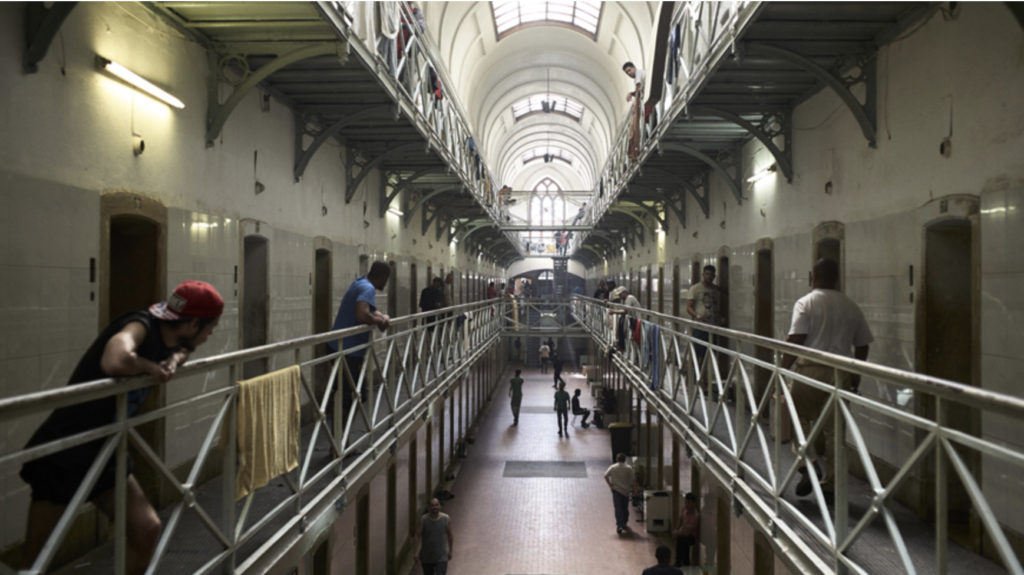
Antisocial personality disorder (ASPD) is a complicated medical malady diagnosed via a discrete set of pathological behaviors. Distilled to its essence, those with ASPD have an inability to empathize with the pain of others. They are essentially born without a conscience. Most folks with ASPD end up in prison or dead. It’s a bad problem. However, there are actually those who monetize their malady. ASPD can be a useful tool if your job involves killing for cash.
The Making of a Monster
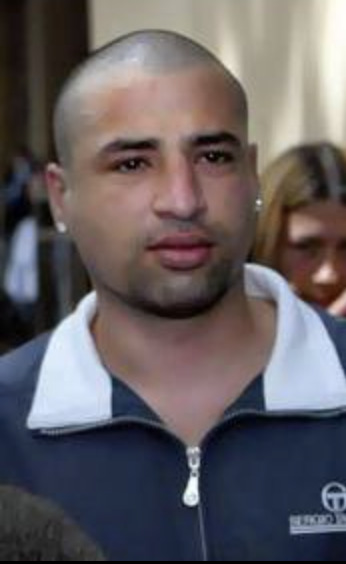
Andrew Veniamin went by Benji. Born in November of 1975, Benji came of age in the Australian community of Sunshine, a suburb of Melbourne. His parents were Greek Cypriot immigrants. He served as an altar boy in the St. Andrews Greek Orthodox Church. Later evidence suggests that his early religious training didn’t really take.
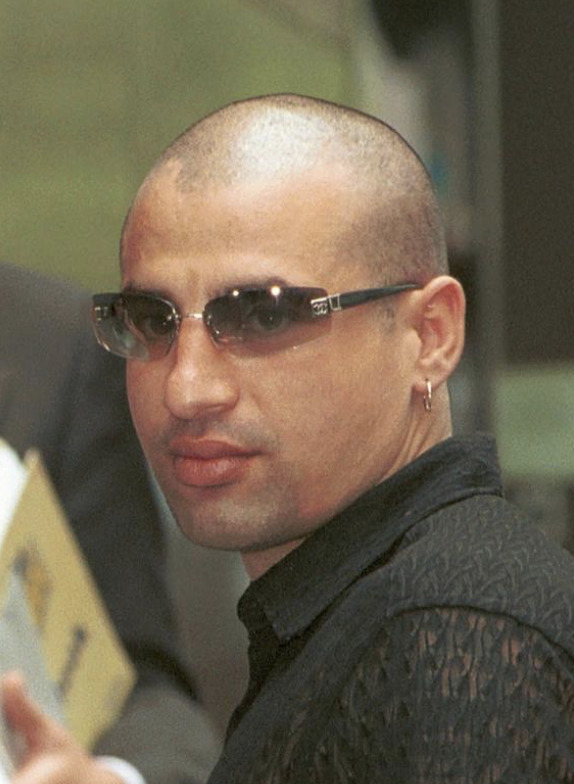
Veniamin was a gifted boxer. He trained relentlessly five days a week and was a compulsive runner. Though he only weighed 110 pounds when he boxed, he was considered quite competitive. However, as he grew older Benji came to see crime as a more lucrative career than professional boxing.
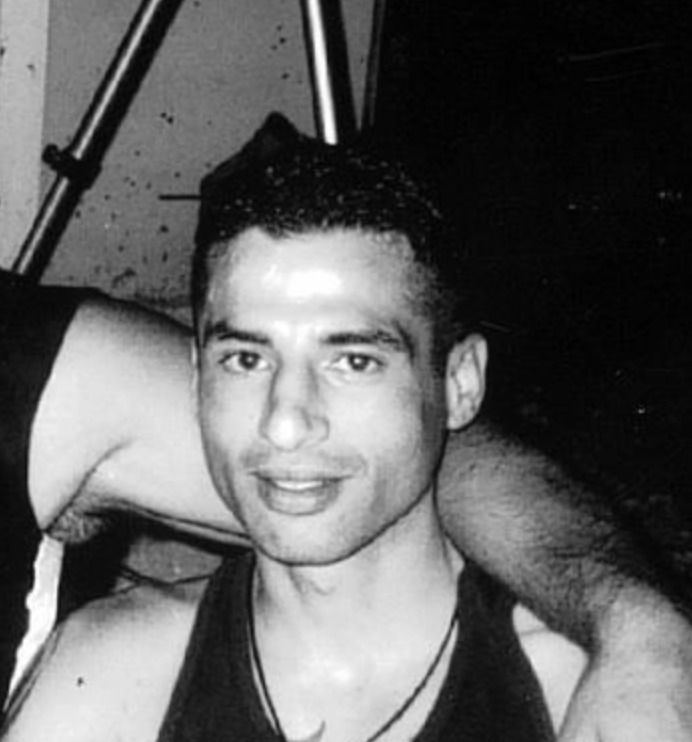
When he was young, Benji Veniamin worked in the West Melbourne wholesale fruit and vegetable market. As near as I could ascertain he was never married, but he did father a daughter. His peculiar emotional malady ensured that he had criminal convictions for both theft and assault in short order.
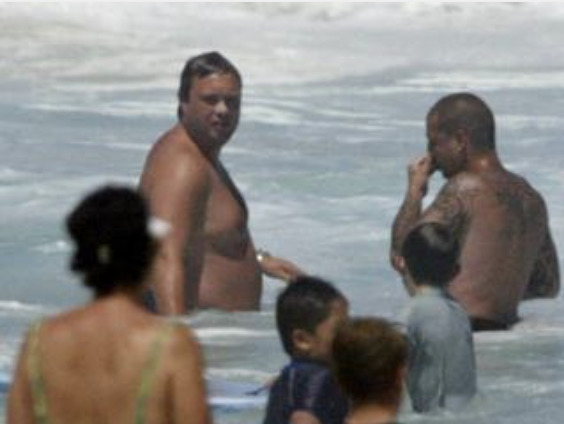
Like most folks with his problem, Benji gravitated toward the kind of places his particular skills were considered valuable. He began a steady association with the Carlton Crew, a notorious organized crime ring active in Melbourne starting in the late 1970’s. Through this organization, Benji developed a close friendship with local crime boss Carl Williams and his wife Roberta.
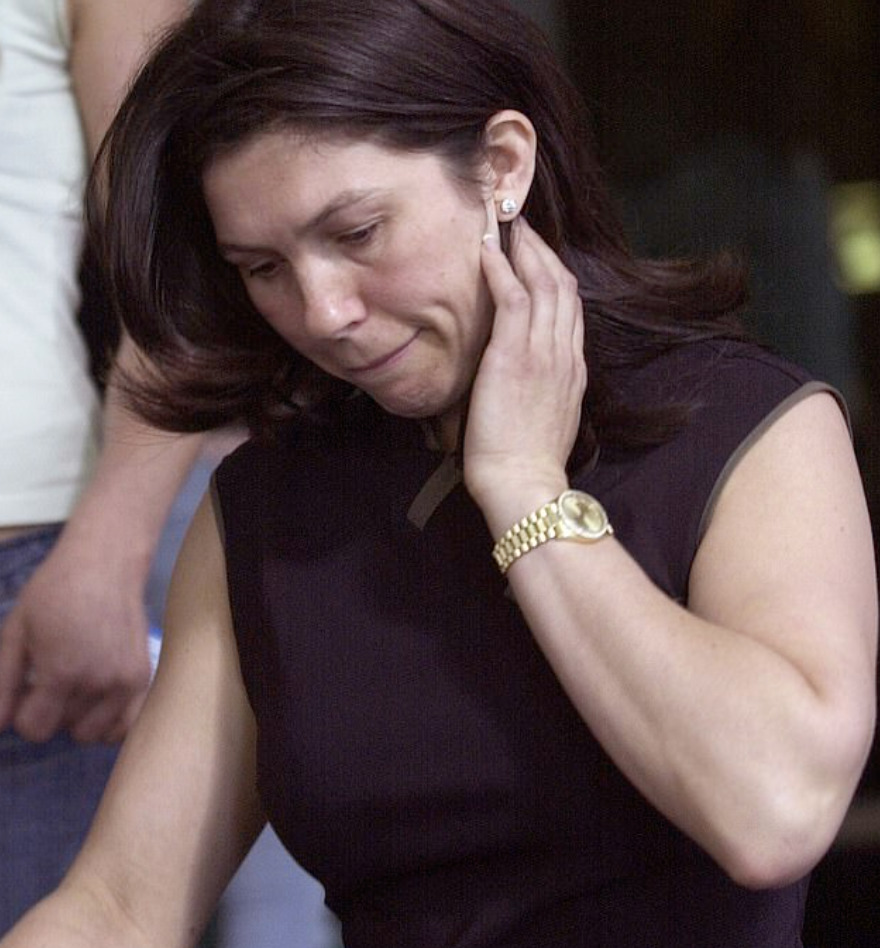
People with ASPD can be inexplicably charming. That and, for reasons I will never comprehend, attractive women frequently find psychopathic nutjobs irresistible. Along the way, Williams’ wife Roberta developed quite a fondness for Benji. As a mob enforcer with access to the gang’s leadership and their families, Benji routinely delivered the Williams daughters to their religion classes every Tuesday before bringing them home and supervising their baths. The youngest daughter Dhakota held Benji in particularly high regard. There were allegations that the relationship between Benji and Roberta went a bit beyond regular reliable childcare, but those details don’t matter. What really characterized Benji’s professional life was the way he exercised his peculiar mental illness.
Bloodbath Down Under
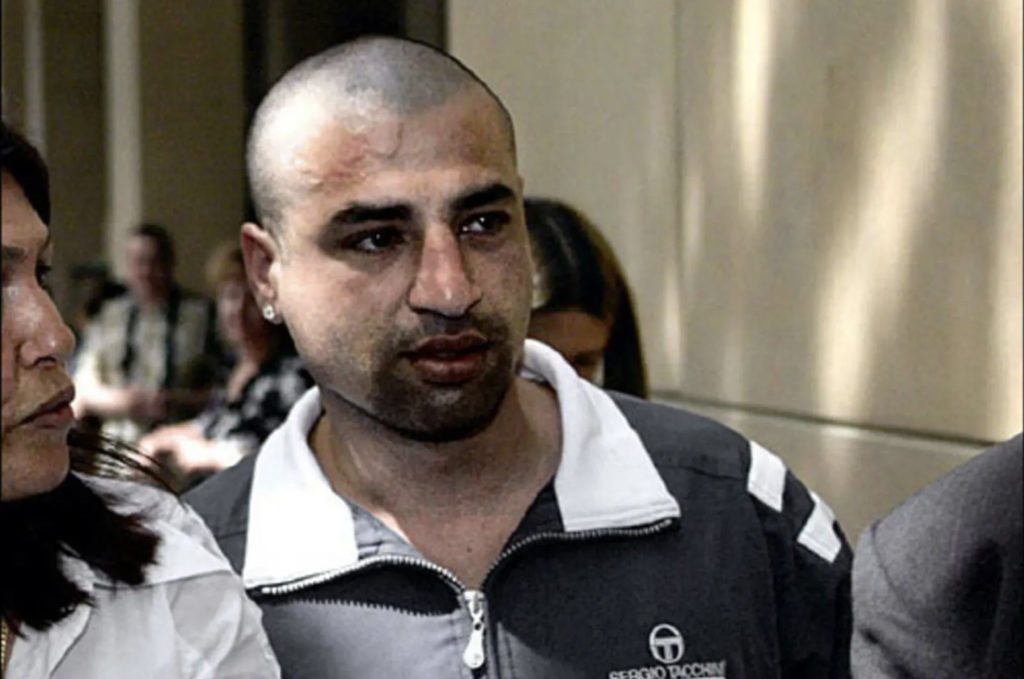
In addition to a lack of conscience, Benji was prone to emotional outbursts. At one point Benji and a childhood friend harbored affection for the same girl. As the details came to light, Benji shot up the man’s house, set fire to his parents’ home, and threatened to murder the guy’s sister to bring the conflict to a head. By mutual acclimation, both men eventually agreed to settle their differences via a good old-fashioned fistfight. The friend later testified in court, “A friend of mine promised me that there’d be no guns, as long as I brought no gun as well…I promised him (Veniamin) I’d bring no gun and he promised me the same thing. He just stood there until I got close to him and then produced a gun.”
After all that buildup, before the fight could even begin Benji simply shot the other man in the leg and declared victory.
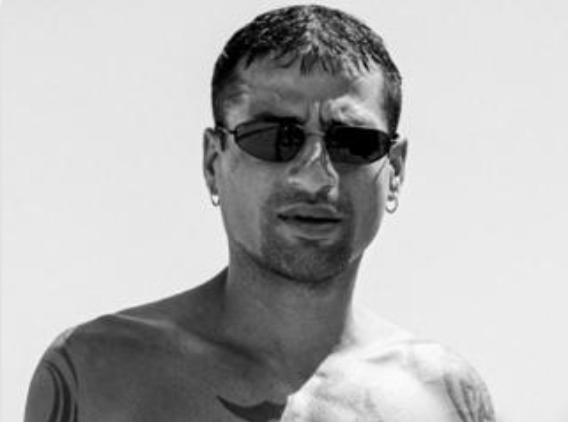
On another occasion, Benji approached a local nightclub accompanied by friends. When two large and imposing bouncers attempted to prevent his entry the physically smaller hitman beat them both senseless. Such stuff earned the wiry little man an outsized reputation.
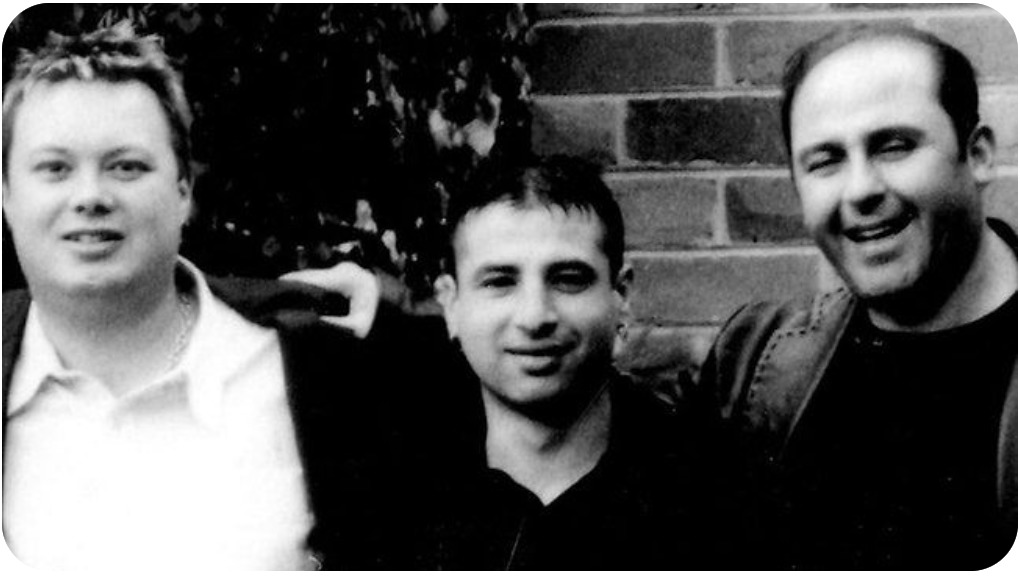
Despite his obvious skills as a chauffeur and nanny, Benji Veniamin was first and foremost a hired killer. His targets could be total strangers or intimate friends. If directed to take a life, he did so without apparent remorse. This was a marketable skill in this particular place and at this particular time.
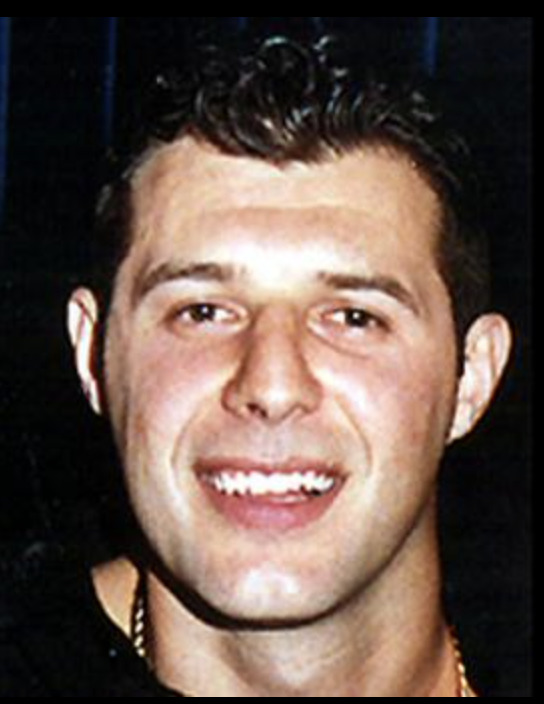
By 1999, Veniamin and a school buddy named Dino Dibra were running a lucrative marijuana racket and netting a fair amount of money. Whenever others would attempt to muscle in on their business, Veniamin simply shot them. Throughout it all, Veniamin developed an enthusiasm for both the lifestyle and the product.
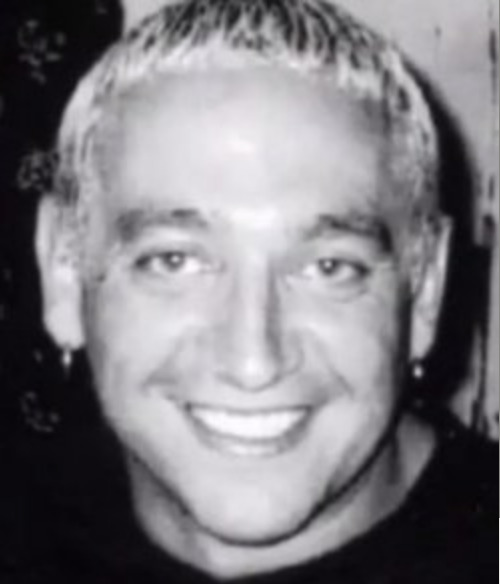
In May of 2000, it was alleged that Benji shot and killed a local businessman named Frank Benvenuto as he sat in his car. Five months later he killed his business partner Dino Dibra after a disagreement over control of the business. Two years after that he killed another childhood buddy named Paul Kallipolitis over something or other. His reputation grew to the point that he was eventually paid $20,000 NOT to kill a man who offended his brother.
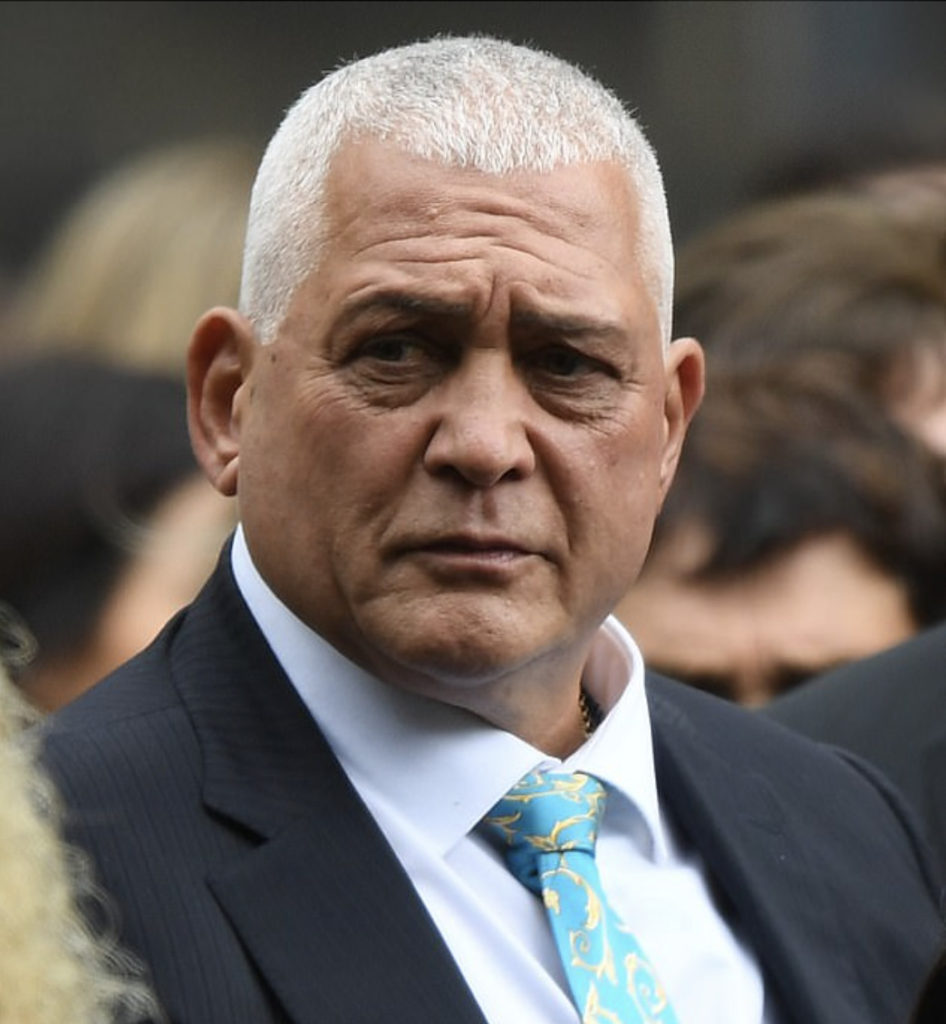
Benji eventually developed a professional relationship with a proper villain named Dominic “Mick” Gatto. Gatto had been a competent boxer himself in his youth before becoming a successful and wealthy businessman. Along the way, he developed an intimate association with a variety of criminals. These relationships supposedly substantially enhanced his commercial success. Gatto was known to make generous charitable donations to children’s causes. It was said that Benji looked up to Gatto and viewed him as a sort of father figure.
The Hitman’s Demise
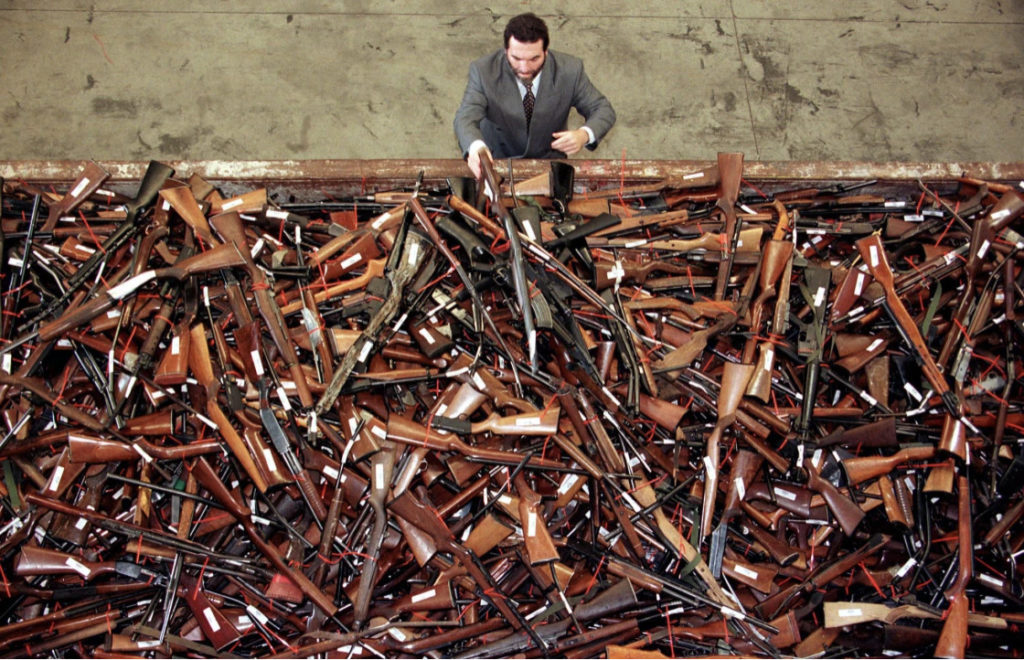
By this point in Australia, the private ownership of firearms was strictly controlled. In the 1990’s the Aussie government enacted blanket gun confiscation that disarmed most law-abiding Australian citizens. These laws unsurprisingly had little effect on Melbourne’s organized crime gangs.
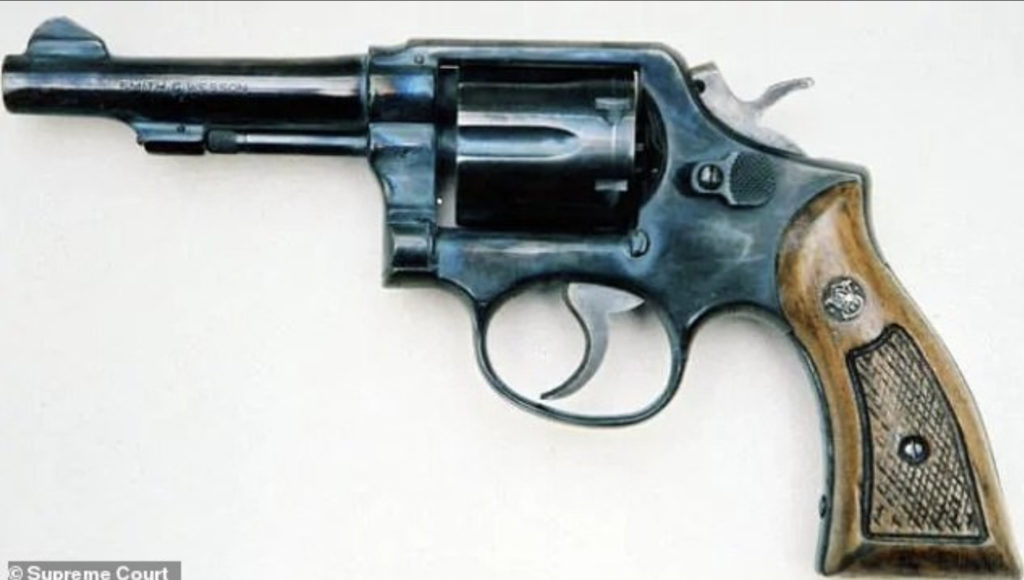
Benji Veniamin was by now a seasoned shooter. He told friends that he favored revolvers to autoloaders for wet work for their innate reliability. It was therefore a four-inch Smith and Wesson Model 10-5 .38 that Benji had handy as he met with his boss Carl Williams and his buddy Mick Gatto at the La Porcella restaurant on March 23, 2004. I have found Australians to be fairly casual. On this fateful evening, Benji had his wheelgun concealed underneath a pair of shorts and a t-shirt.
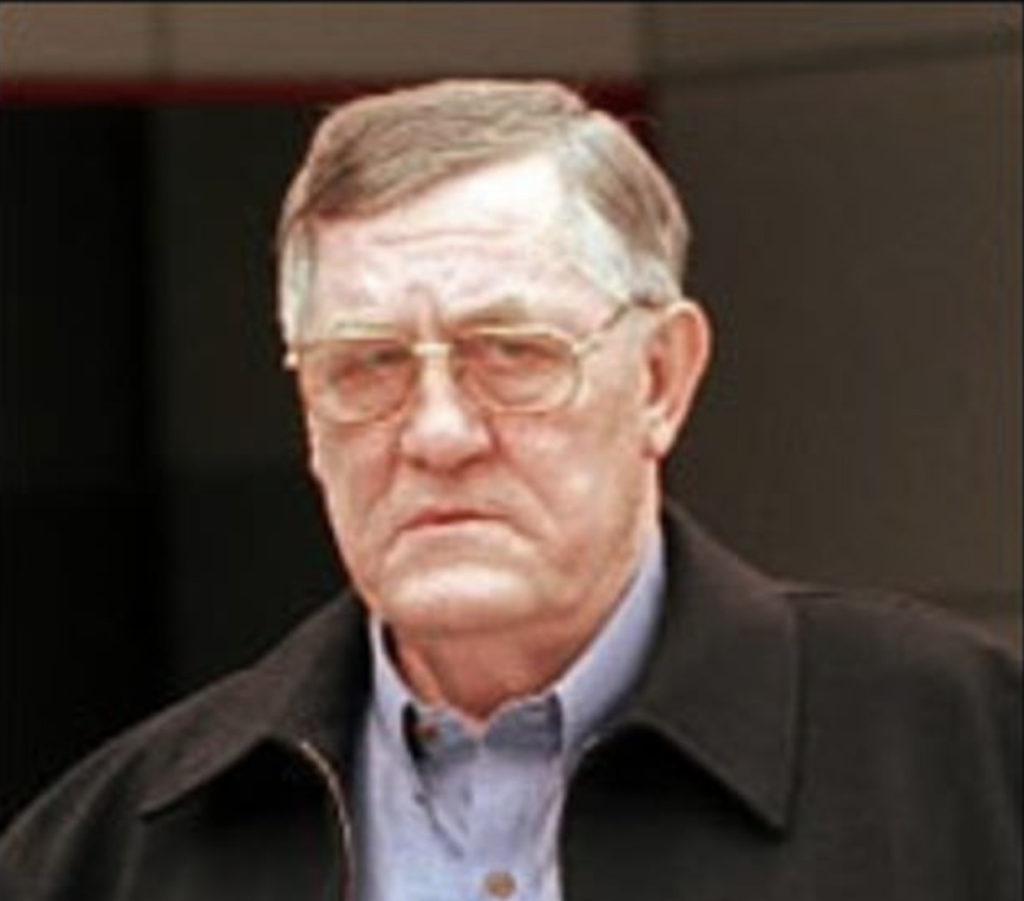
Rumors were swirling that Benji had killed a friend of Gatto’s named Graham Kinniburgh. In retrospect, it turned out that he had nothing to do with this particular gangland slaying. Veniamin called Gatto over to a quiet corridor behind the kitchen so they could have a private conversation on the subject. Benji’s epic temper manifest itself, and the conversation grew heated.
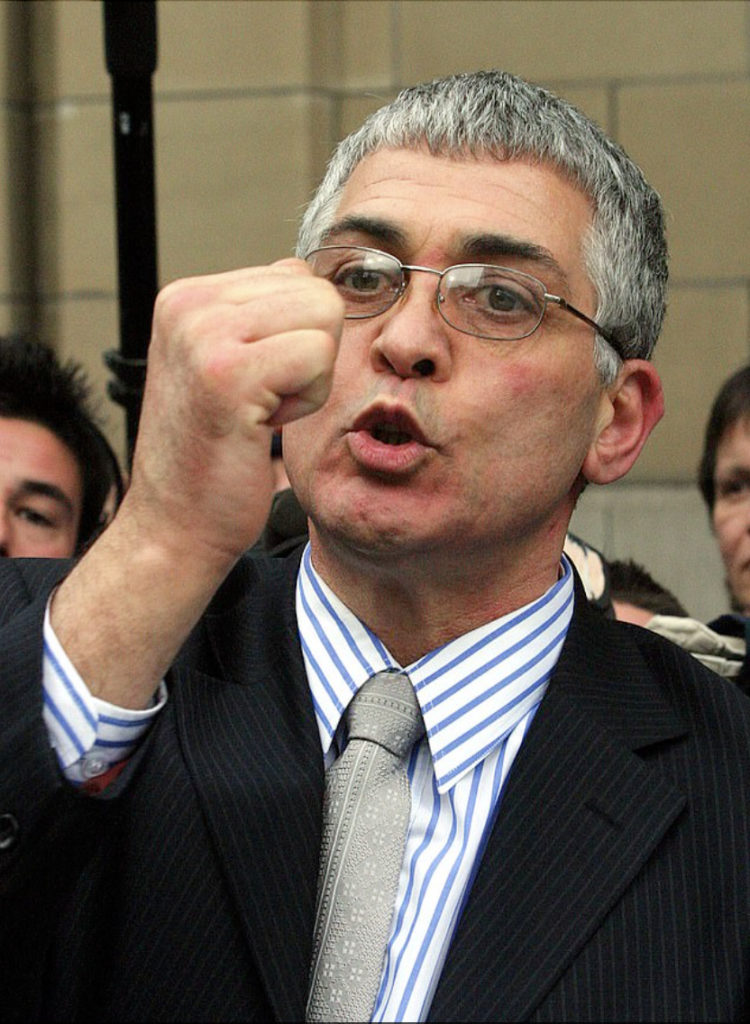
Benji drew his weapon intending to kill Gatto, and the two former boxers struggled for the gun. From the subsequent trial transcript: “I never seen where he got it from but he pulled a gun out and that’s when…I had hold of his hand with both my hands and I sort of pushed it towards him and…I forced — he had his hands on the trigger and I just forced his hands — squeezed his hands to force him to pull the trigger. When I pushed the gun towards him and I was squeezing his hand he sort of pulled me off balance and I nearly fell over on top of him and the gun was going off. It was just bang, bang. I’ve got to be honest, I thought I was a dead duck. I thought I was gone.”
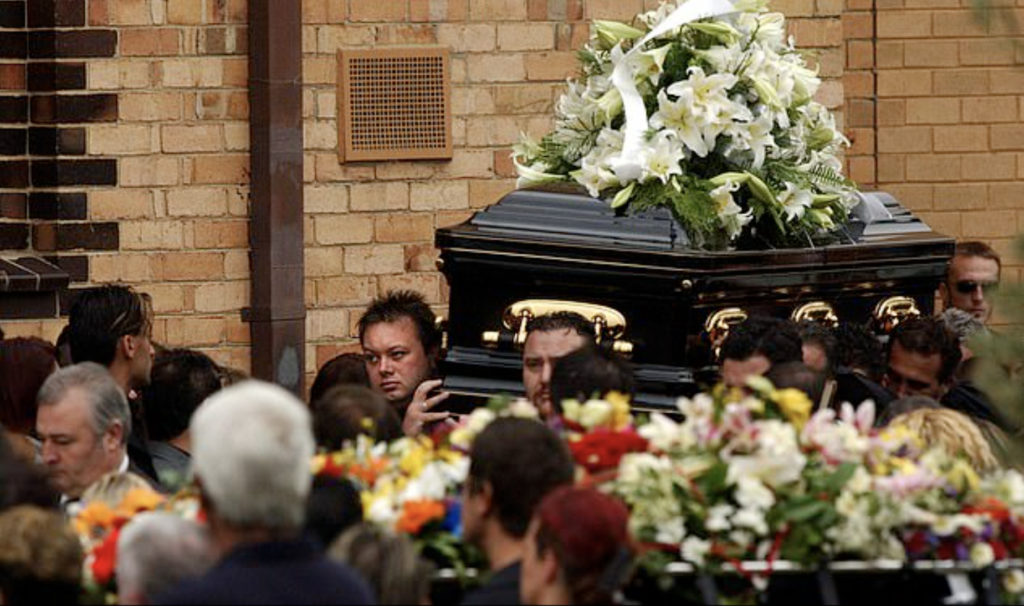
That all sounds pretty fishy to me, but I obviously wasn’t there. Regardless of the particular circumstances, five rounds were fired. Benji was hit once in the head and twice in the neck. He bled out on the spot. The contract killer responsible for at least seven known murders died as he lived at age 28, in some ways a victim of his own unfortunate disease.
*** Buy and Sell on GunsAmerica! ***


When the movie about this slug maybe get Vin Diesel to play him, lol
Incredibly, John Wick, regardless of what’s done to him feels no pain. In spite of all the violence done to him, he continues doing what he does best, which is kill. Unfortunately for Benji, he is no John Wick and it’s best that Benji is no longer with us.
Excellent story sir.